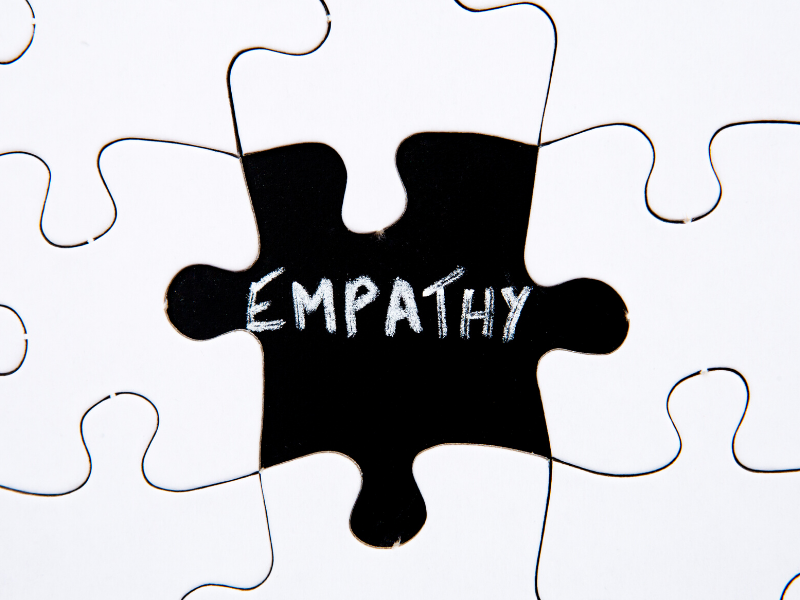Dear Helen:
What’s contagion etiquette during flu season? I’m talking about people who show up at parties, bridge games or sporting events dripping and sniffling, and then get offended when others who are healthier ask them to wear a mask, wash their hands or go home.To be very clear, I am not a fanatic nut about Ebola (though I think we, as in we The West, should be doing much more to combat its spread in Africa). I am talking about simpler diseases like the common cold or the flu, which can cause loss of a workweek to aches, sneezing and chicken soup, and be even more harmful to the elderly and those with chronic condi- tions. I know people can be contagious without being symptomatic, but am I being too cautious when I hear people say “I’m not contagious” and don’t want to believe them? Who should go home, them or me?
Healthy and Want To Stay That Way
Dear Healthy:
Short of walking around in a hazmat suit, you have no guarantee that you won’t be infected in the grocery line, at the hairdresser, at work or in synagogue. In the years I have been a High Holy Days greeter, I almost invariably have gotten a cold. But we’re all exposed to those contact realities that a life of engagement with others imposes. You could choose to live at home in a bubble, but you’d be a pretty miserable recluse and likely tire of it quickly.
Get used to speaking up when you invite people to your house and when you accept invitations to other people’s homes. Talk to the organizers of every place you frequent, from your health club to your human resources department. Ask what their sick policy is re informing people before they show up or asking them to leave if they are clearly symptomatic. Ebola or not, everyone is more aware of contagion in fall/winter than in sum- mertime. People with children (cute, but traditionally germ disseminators) may accept a level of contact illness that comes from undeveloped immune systems shar- ing every “it” that goes around. But adults who know better have an obligation to set the bar higher. If you will accept the ire of those who will insist they know their own bodies better than your caution suggests, go ahead and sing your “Put on a mask!” song loudly. Otherwise stay home and stay well.
PS: Get your flu shot!
Dear Helen:
After lecturing my children for decades about the importance of thank you notes, I managed to mix up the cards from my own gifts. In small defense, we held a massive family reunion/Thanksgiving/ early-Hanukkah party. I was the hostess of the 30-plus person melee. Three and a half generations (my daughter-in-law is pregnant) gifted three nights. The punch line: several gifts not tied to a specific donor remained here, so were clearly meant for our brood. I am chagrined at not saying thank you. Is there a polite way out of this mess? Tired, Dazed and Confused
Dear Confused:
You could just tell the truth. You might end up with humble pie on your dessert plate, but others will appreciate your self- disclosing honesty, a great gift for all the generations.
The alternative: send a collective love note to everyone involved in the reunion. You can send it via email, Facebook group or snail mail. Include great photos of the gathering. Say you’re breaking one of your own rules about individual thank you notes to share with everyone how much you appreciated the bounty that you shared, emotional as well as material. Reference some anecdotal moments, cite the beauty of the gifts (without attribu- tion) and perhaps even share a treasured family recipe.
Make the letter schmoozy and warm. Convey love, appreciation and a sense of holiday good cheer so joyous and embrac- ing that no one will notice that you didn’t send individual notes.
PS: Next year, keep a notepad handy for folks to track gifts as you open them.




